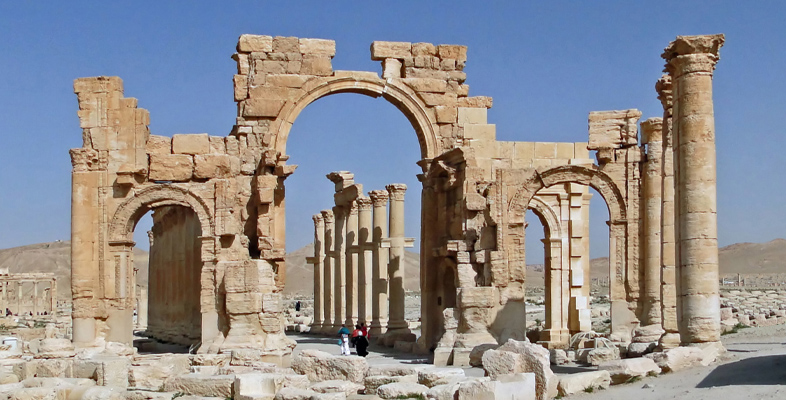2.5 Can heritage values outweigh the value of human lives?
When assessing the heritage value justification for rebuilding, the most important question is:
Can heritage values (such as beauty, historic significance, commemorative and spiritual value) be counted equally alongside the value of human life or should we give the interests of human beings priority?
The humanitarian argument says we should focus on promoting value for human beings. The heritage value justification says we should promote all kinds of value, both humanitarian and heritage, without giving either absolute priority.
Solving this disagreement is especially urgent if the economic justification for rebuilding Notre-Dame turns out to be based on inaccurate predictions. In that case, if Notre-Dame’s restoration will not pay for itself, we will face a dilemma:
When we have limited resources and the option to spend them either on supporting the welfare of human beings or on cultural heritage, what should we do?
If we decide that objects sometimes have enough heritage value to take priority, we appear to be concluding that some lives are worth less than mere bricks and mortar. We are also faced with the future problem of how to go about weighing the relative value of heritage and human lives. How many lives is Notre-Dame worth?
Yet, if we decide that human beings should always be our priority, we may be unable to justify any spending of public money on cultural heritage or the arts. A nation run according to such a doctrine would channel all of its money into basic education, housing and health care. But it would be left with no state-funded galleries and museums and the inevitable degradation and loss of all public cultural heritage. The population would be as healthy as possible but buildings such as Notre-Dame would be left to crumble and disappear for ever.
To many people, neither option is desirable, and even making the choice is unpalatable. And yet, all states (not just France) must make this choice every year when drawing up their budgets.
This basic dilemma will return in different forms throughout the rest of the course. Next week, you will see how it arises, even more urgently and dramatically, within the context of armed conflict.
To complete this week’s study, do the final activity and then test your understanding by doing this week’s quiz.
Activity 6 The ethics of spending money on heritage
Discussion
There is no consensus yet, but this question is important to keep thinking about. You may have decided based on your own moral intuition, or perhaps you based your choice on one of the arguments covered in this week’s content. Either way, it is worth stressing that there are good reasons supporting both positions.
The next section of this course will get you to reflect on what you have learned by answering five short questions.
